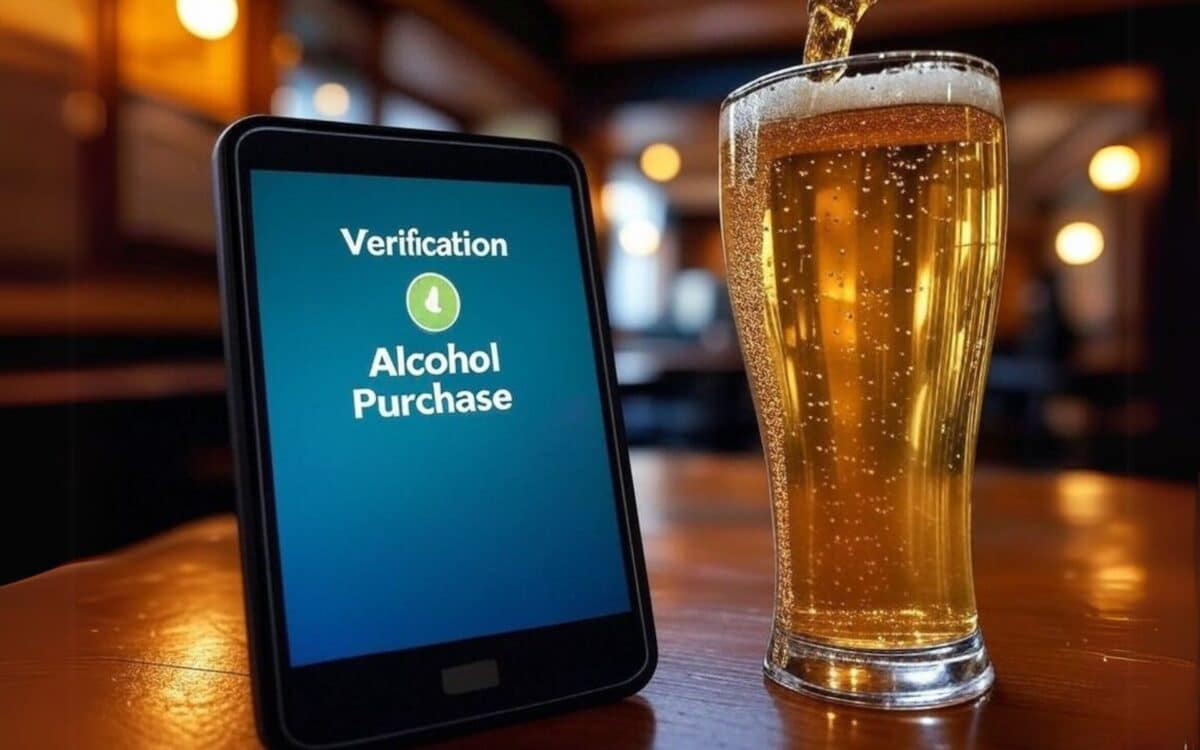The United Kingdom is preparing to introduce a transformative change with the rollout of digital IDs, a move that promises to redefine how everyday transactions are handled. From enhancing convenience to modernising verification methods, this innovative approach is poised to impact a wide range of activities in unexpected ways.
Shift to Digital ID Verification
Under the forthcoming law, individuals will be able to verify their age via a secure digital ID app, eliminating the traditional reliance on passports, driving licenses, or other physical documents. This innovation is part of a broader move to modernise age verification processes in line with technological advancements.
The UK’s Technology Secretary, Peter Kyle, highlighted the inefficiencies of current systems. He explained, “Paper-based IDs just aren’t really fit for the modern age. People leave them at home. They’re tatty. They’re not actually accurate… So of course, now we’re going to make sure the law is on the side of people who want to just carry their ID digitally.”
Major Features of Digital IDs
- Convenience : Digital IDs can be stored securely on smartphones, reducing the chances of loss or damage to physical documents.
- Privacy Protection : Users can verify their age without disclosing additional personal data.
- Accessibility : Available via government-approved apps, ensuring inclusivity across demographics.
Current Methods of ID Verification
Presently, age verification in the UK requires one of the following :
- Current passport (any nationality)
- Biometric Residence Permit (UK)
- Photocard driving license (UK, Isle of Man, Channel Islands, or Ireland)
- Birth certificate issued within 12 months of birth (UK, Isle of Man, or Channel Islands)
These traditional forms of ID, while effective, have been criticised for being cumbersome and susceptible to damage or loss.
Hospitality Industry Embraces Digital IDs for Enhanced Convenience
The hospitality sector has welcomed the introduction of digital IDs, viewing it as a solution to common challenges faced by businesses and customers alike.
Kate Nicholls, CEO of UK Hospitality, commented, “There are fewer things more frustrating than realising you’ve forgotten your ID when heading to a pub, bar, or restaurant. Hopefully, these new measures will make that a thing of the past.”
James Hawkins of the British Beer and Pub Association echoed similar sentiments, noting that digital IDs will “reduce the risk of customers losing key ID documents when enjoying a night out.”
Boosting Convenience for Young Adults and the Hospitality Sector
The change is expected to significantly enhance convenience, particularly for younger individuals who frequently engage in social outings. According to recent surveys, 57% of UK adults aged 18-25 reported instances of forgetting their ID when attempting to purchase alcohol, often leading to frustration or abandonment of plans.
With over 25,000 licensed premises across the UK and an annual alcohol sales market exceeding £40 billion, this shift to digital IDs could streamline operations and boost customer satisfaction in the industry.
Assurances on Physical Documents
Despite the focus on digitalisation, the government has reassured the public that physical IDs will remain valid. Peter Kyle stated that there are “no plans” to phase out physical documents entirely, ensuring inclusivity for those without access to digital tools.
Implementation Timeline and Next Steps
The rollout of digital IDs is expected by mid-2024, with pilot programs already in progress to test the system’s efficiency and security. Government-approved apps will soon be made available to the public, accompanied by detailed guidelines on their use.
By adopting digital ID verification, the UK is poised to lead the way in modernising age verification, offering a seamless solution for consumers while addressing the operational needs of businesses.









